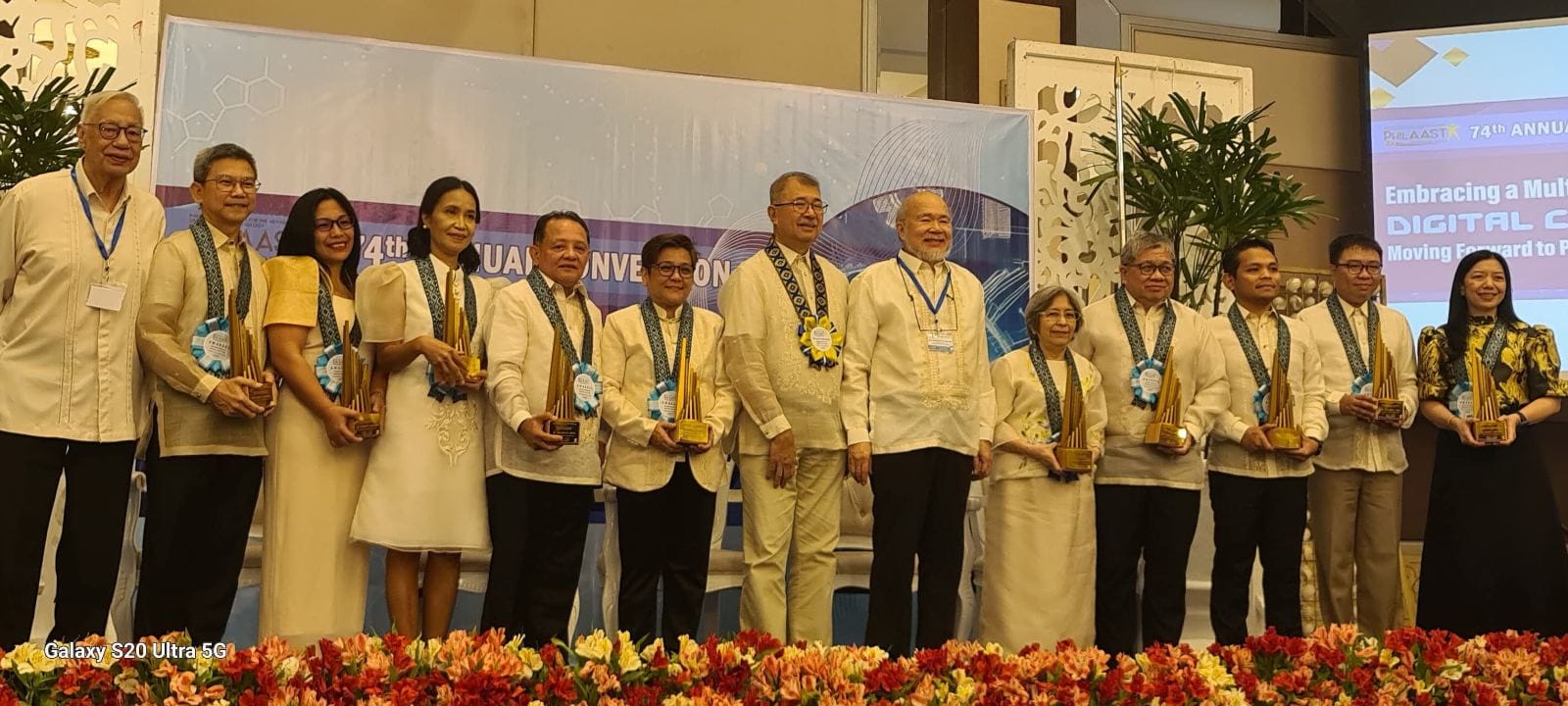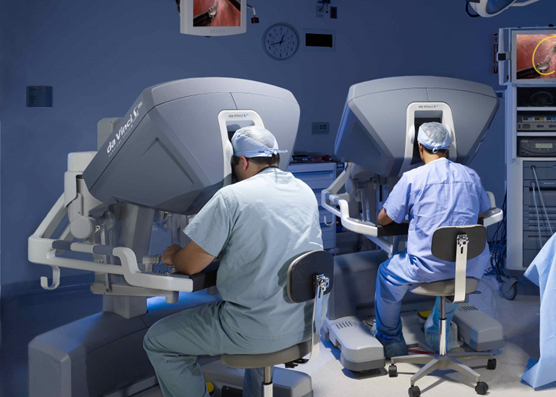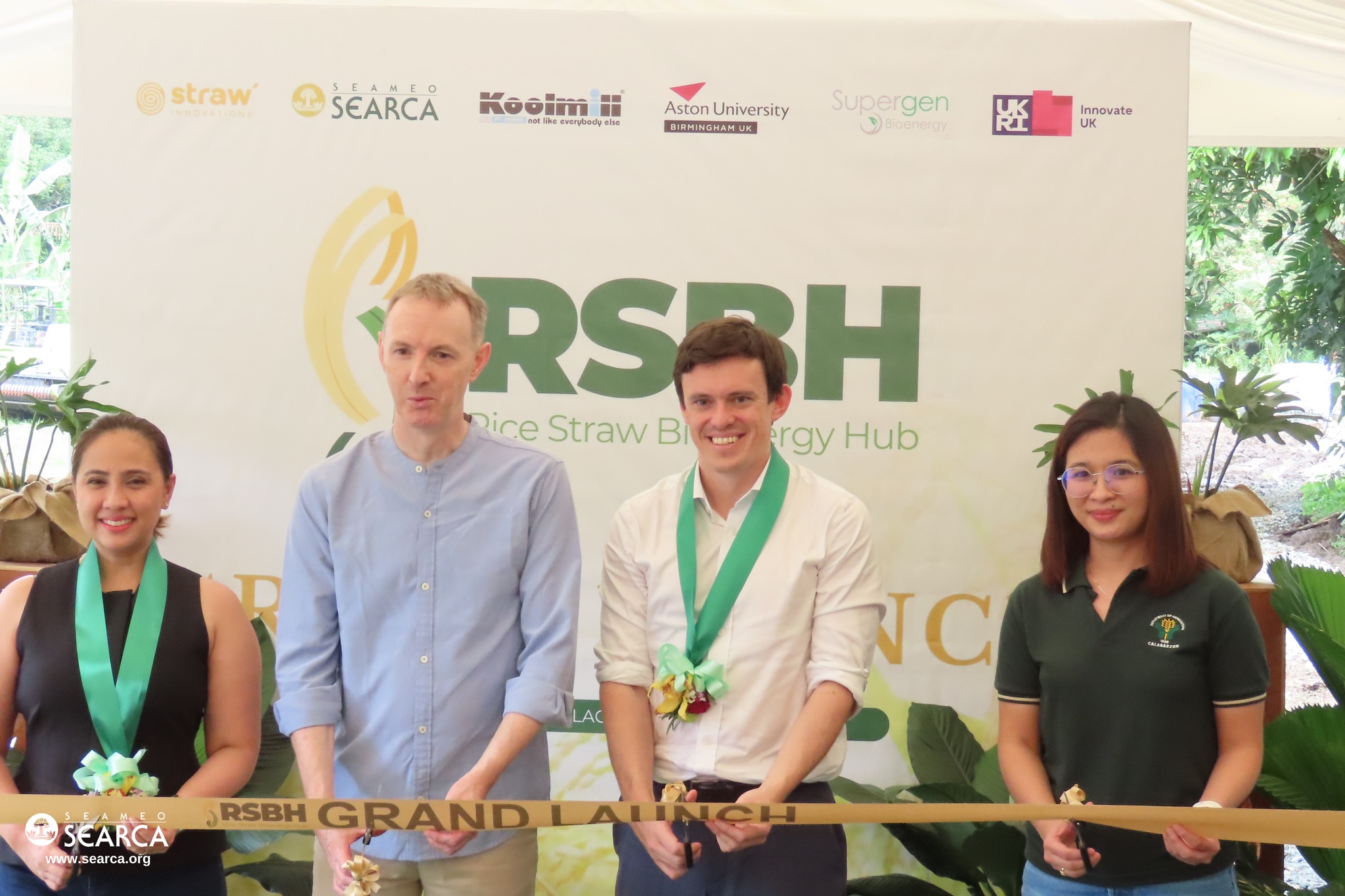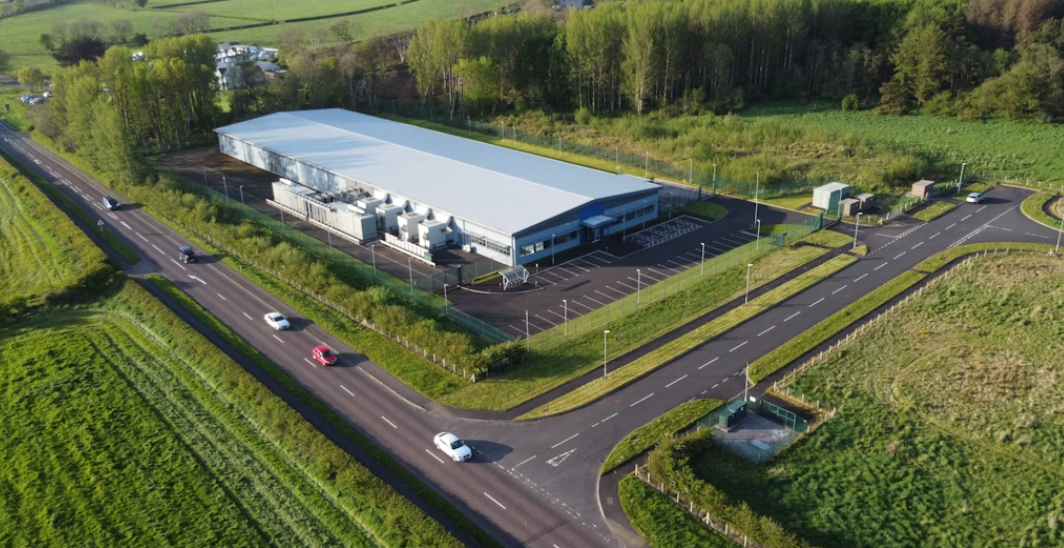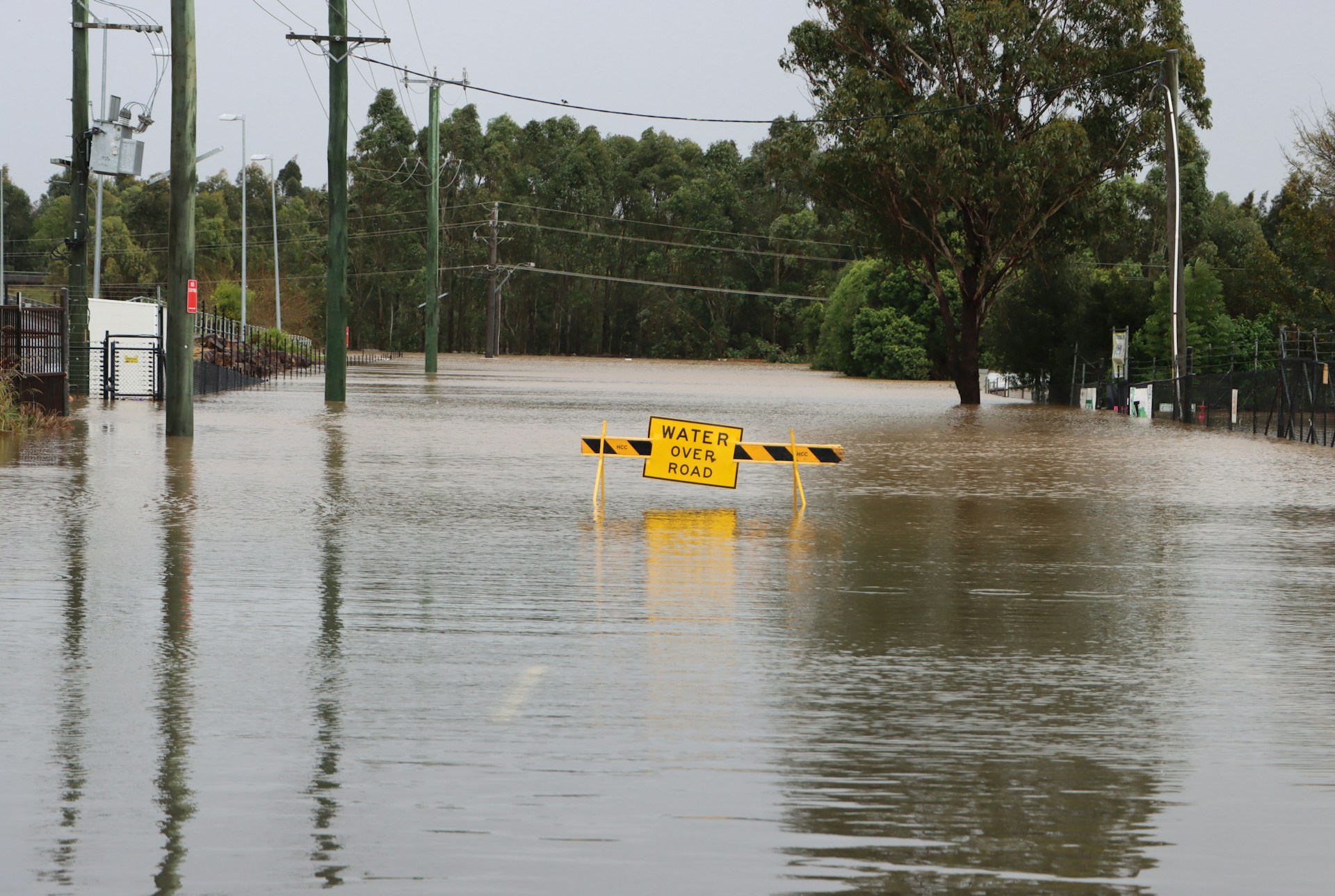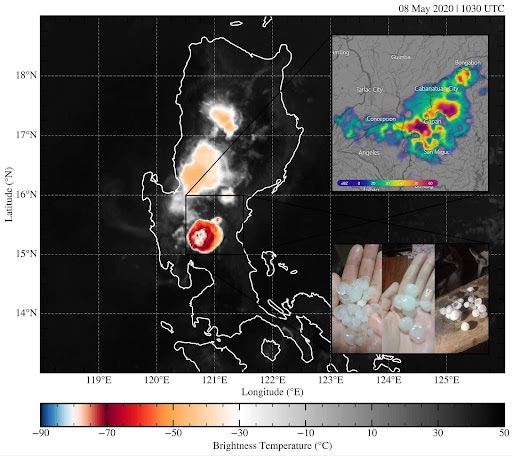Photo by: (PhilAAST)
MANILA, PHILIPPINES [TAC] – The Philippine Association for the Advancement of Science and Technology (PhilAAST) honored 10 individuals from the scientific community for their outstanding contribution in their respective field of research during its 74th annual convention held September 12 in Manila, which focused on embracing a multifaceted digital culture.
The event also included the announcement of winners for the best research poster, the presentation of results of the regional seminars and the oath-taking of new members. The awardees include:
Dr. Gayvelline C. Calacal – Recipient of the Gregorio Y. Zara Award for Applied Science Research for her pioneering work in forensic DNA analysis and the creation of population-specific genetic databases, which has strengthened the country’s justice system.
Dr. Rey Donne S. Papa – Gregorio Y. Zara Award for Basic Science Research for his leading work in freshwater ecology particularly in Lake Taal and San Pablo maar lakes and for establishing the first zooplankton reference collection in the country.
Dr. Marissa M. Alejandria – Recognized with the Paulo Campos Award for Health Research.
Dr. Dennis B. Batangan – Honored with the Lourdes Campos Award for Public Health.
Dr. Lanndon A. Ocampo – Recipient of the Michael Purvis Award for Sustainability Research.
Dr. Jonathan N. Nayga – Awarded the LEADS Agri Award for Agricultural Research.
Dr. Cynthia D. Garambas – Honored with the Ceferino Follosco Award for Products and Process Innovation.
Dr. Mary Ann U. Baradi – Recipient of the David M. Consunji Award for Engineering Research.
Dr. Karen S. Santiago – Awarded the Francis Ferrer Award for Productivity through Technology.
Engr. Denis F. Villorente – recipient of the Ramon Y. Dimacali Award for Information Technology.
Citing the importance of the regional seminars, former DOST Secretary and PhilAAST President Fortunato dela Pena said the forums were held across the country to get local insights and perspectives from researchers around the country to “build a grounded, national vision for science, technology and innovation”.
The first forum held in Mindanao focused on the Blue Economy. The second, in the Visayas, focused on infrastructure, energy and water security. The Luzon forum centered on climate change and environmental sustainability.
Dela Pena cited the importance of the forums in aligning the needs and strengths of the regions with the long-term plan set by Pagtanaw 2050, the country’s first science-based foresight plan.
“Pagtanaw 2050 identifies the built environment – as one of its 12 key operational areas,” he said. “It’s about building communities that are safer, more livable and better connected. That means using smarter materials, shifting to cleaner vehicles and making sure our infrastructure works with the help of digital tools and good planning,” dela Pena explained.
PhilAAST is the country’s leading organization dedicated to promoting science, technology and innovation for national development. It encourages and strengthens scientific and technical collaboration among researchers and likewise promotes the value of science in the community.

